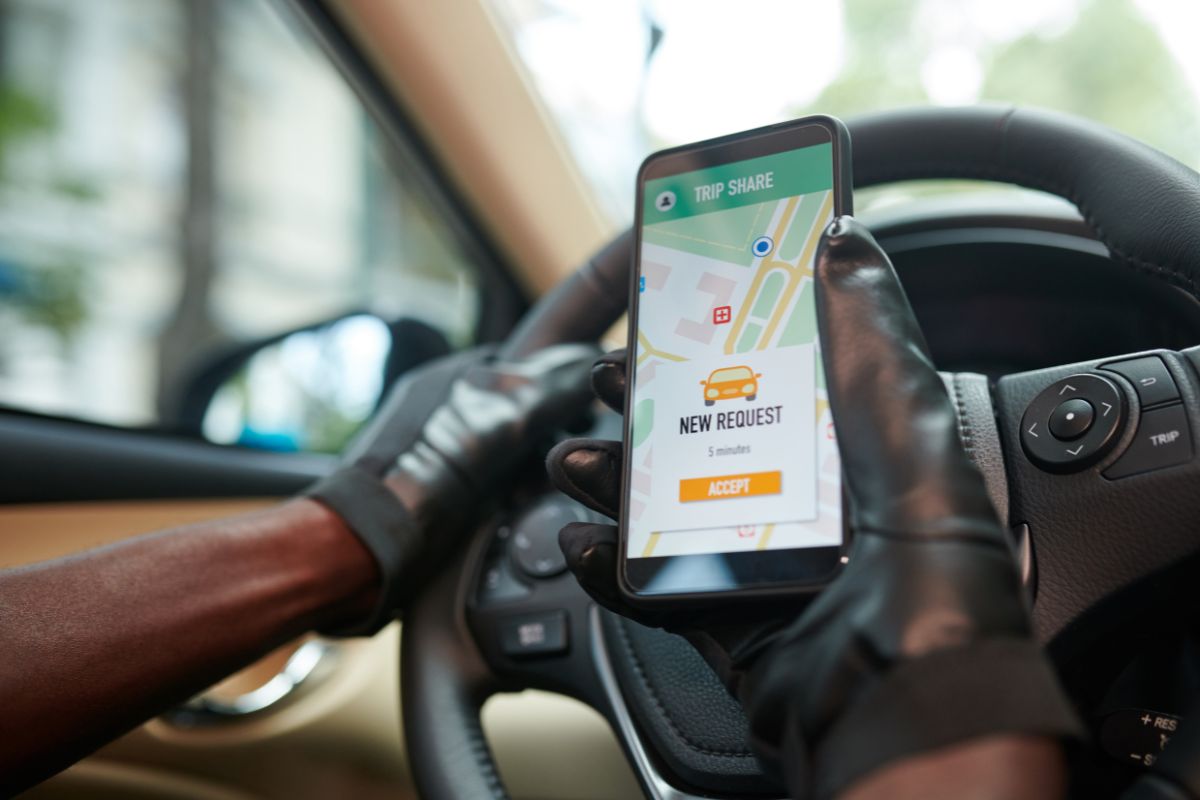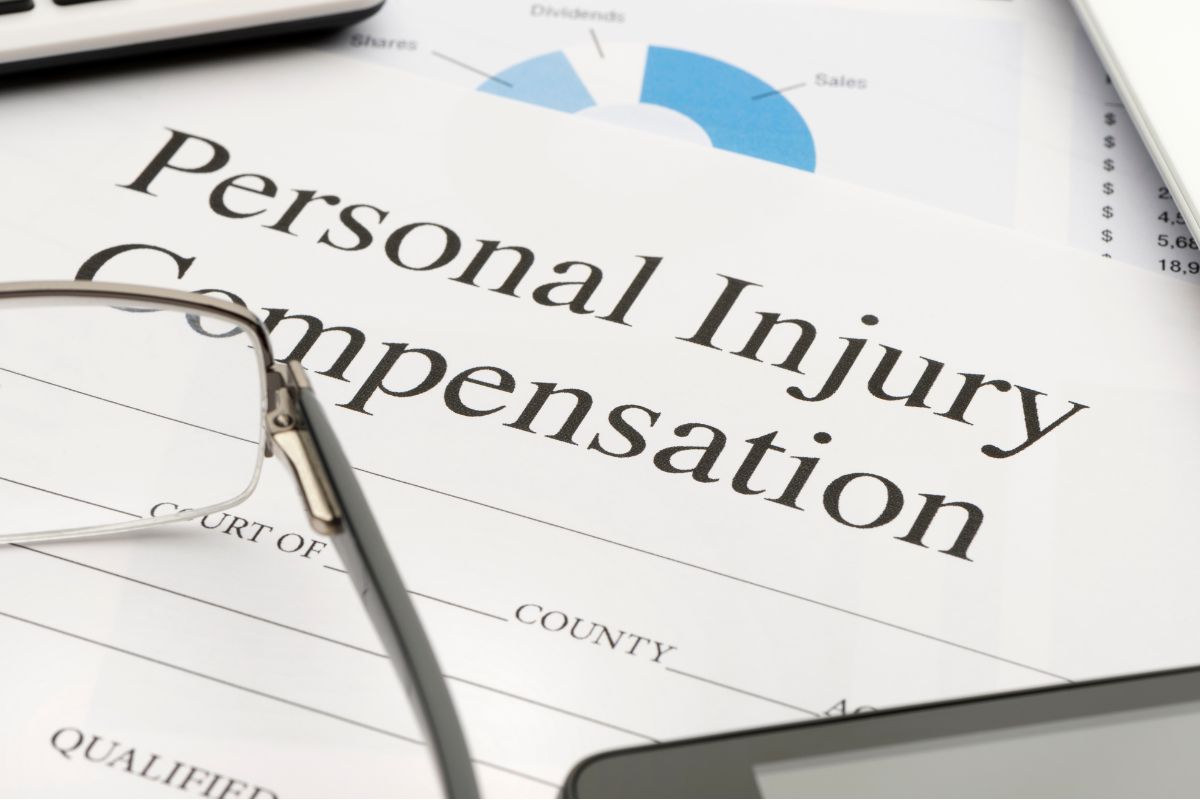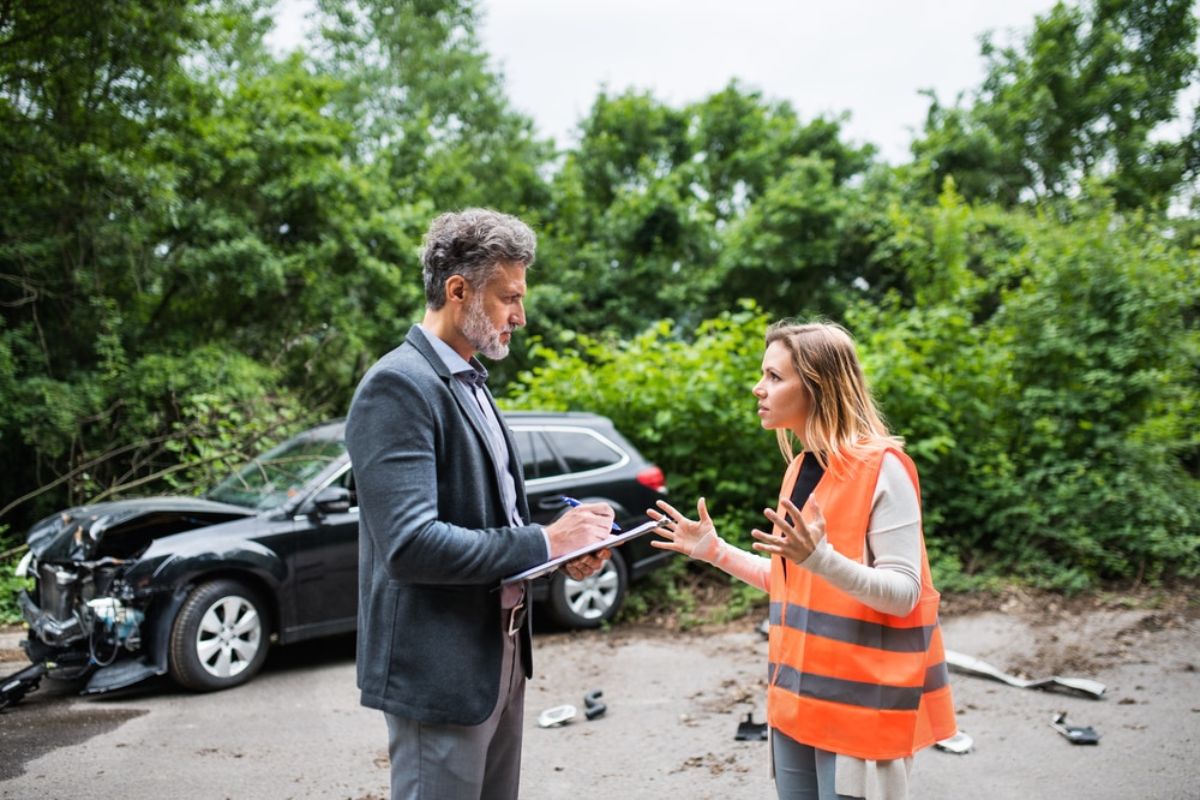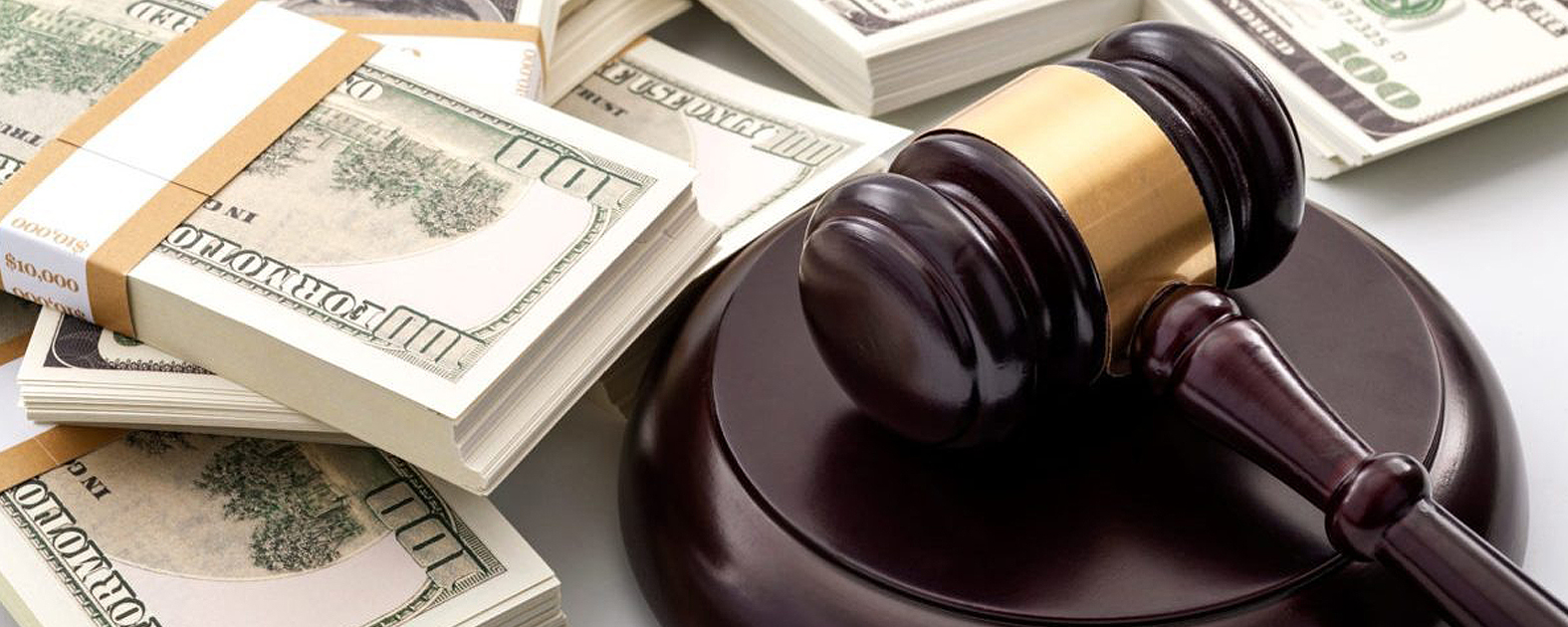
Rideshare apps like Uber and Lyft have transformed how we get around, offering convenience at the tap of a button. But when accidents happen, the aftermath can feel anything but simple.
If you’ve been injured in a rideshare accident, you may wonder: can you hold the driver—or even the rideshare company—accountable?
Navigating the legal maze surrounding these cases can feel overwhelming, especially with unique liability issues at play.
Understanding your legal options is critical if you’ve been hurt. Rideshare accident claims involve layers of complexity, from insurance coverage to company policies. Knowing when you can sue the driver, when the rideshare company might share responsibility, and how to build a solid case can make all the difference.
This guide unpacks everything you need to know, empowering you to take action confidently and seek the justice you deserve.
Understanding Rideshare Liability
Liability in rideshare accidents can be tricky, as it often involves more than just the driver. The key difference lies in determining who is responsible for the incident: the driver, the rideshare company, or both. Rideshare companies like Uber and Lyft carry insurance policies that may cover accidents in certain situations. However, these policies only kick in under specific conditions, such as when the driver is actively driving for the rideshare service. Understanding how these policies work is crucial for determining who can be held accountable.
- Personal Liability of the Driver: In some cases, the driver may be personally responsible for the accident, especially if they were off the clock or driving negligently.
- Rideshare Company Coverage: If the driver is logged into the app, the rideshare company’s insurance may provide coverage, but only in specific circumstances.
- Insurance Policies and Their Limits: Rideshare insurance policies vary, and coverage can depend on whether the driver was online or en route to pick up a passenger at the time of the accident.
When Can You Sue a Rideshare Driver?
If a rideshare driver’s actions lead to an accident, you may have grounds to sue them for negligence. However, proving negligence is key. Situations like distracted driving, speeding, or running a red light all fall under negligent driving, and the driver could be liable for the damages caused. To successfully pursue a case, you need to show that the driver’s actions directly led to your injuries.
- Negligent Actions: Examples include texting while driving, driving under the influence, or ignoring traffic signals.
- Proving Fault: It’s essential to gather evidence showing that the driver’s actions were directly responsible for the crash, such as witness testimonies and traffic camera footage.
The Role of Rideshare Company Policies
Rideshare companies like Uber and Lyft have specific policies in place to handle accidents, but these policies are not always straightforward. These companies generally provide insurance coverage, but the extent of coverage depends on the situation. For instance, if a driver is on the clock and waiting for a passenger, the company’s insurance policy may cover damages. However, if the driver is off duty or using their vehicle for personal reasons, the company’s insurance may not apply.
- Coverage Limits: Rideshare policies have different coverage limits depending on whether the driver is actively transporting passengers or just available to pick someone up.
- Gaps in Coverage: In some situations, there may be a gap between the driver’s personal insurance and the rideshare company’s insurance. This is where understanding your options becomes crucial.
Suing a Rideshare Company: Is It Possible?
While suing the rideshare company itself is possible, it’s not always easy. Legal action against the company is typically viable when the company’s policies are directly responsible for the accident or if the driver was acting negligently under the company’s employment. Legal cases where a rideshare company can be held liable may include those where the company failed to properly vet drivers or disregarded safety protocols.
- When It’s Possible: If the rideshare company contributed to the accident through negligent hiring or failure to enforce safety standards.
- Challenges in Suing the Company: Rideshare companies often fight claims aggressively, especially when their liability is unclear, requiring significant legal expertise to pursue effectively.
Evidence Needed for a Successful Claim
When pursuing a lawsuit or settlement for a rideshare accident, gathering strong evidence is critical. The right documentation can make or break your case. Key evidence includes accident reports, driver records, medical records, and witness statements. Additionally, taking photos of the accident scene and keeping a record of damages and injuries can help strengthen your claim.
- Accident Reports and Witness Statements: These documents are crucial in establishing what happened and who was at fault.
- Medical Records: They help connect your injuries to the accident and can be crucial in claiming compensation for medical expenses.
- Role of Legal Professionals: Attorneys specializing in Uber and Lyft accidents can help you gather and preserve the necessary evidence to maximize your compensation.
Settlements vs. Lawsuits: Choosing the Right Path
After an accident, you may have the option to accept a settlement or pursue a lawsuit. While settlements can be quicker and less costly, they often result in a lower payout. Lawsuits, on the other hand, can take longer but may lead to more substantial compensation. Deciding the right path depends on the circumstances, the severity of your injuries, and the liability issues at play.
- Benefits of Settling: Quick resolution, lower legal costs, and more certainty about the outcome.
- When to Pursue a Lawsuit: If the insurance company offers an unfair settlement or if the company denies responsibility.
Common Challenges in Rideshare Accident Cases
Rideshare accident cases can be complicated due to issues like denied claims, insurance loopholes, and jurisdictional conflicts. Overcoming these hurdles requires a clear understanding of the law and a strategic approach to evidence gathering. Working with experienced legal professionals can help you navigate these challenges more effectively.
- Denied Claims and Insurance Loopholes: Insurance companies often try to avoid paying full compensation.
- Jurisdictional Conflicts: Rideshare accidents can involve multiple states or regions, complicating the case further.
Legal Support for Victims of Rideshare Accidents
After an accident, consulting a skilled legal professional can significantly impact the outcome of your case. Attorneys specializing in rideshare accidents understand the complexities involved and can help you secure the compensation you deserve. They can guide you through the entire process, from gathering evidence to negotiating with insurance companies. Legal expertise ensures that your case is handled effectively, increasing the likelihood of a favorable outcome.
- Consulting a Lawyer: It’s vital to contact a lawyer early to protect your rights.
- How Legal Professionals Help: Legal professionals handle negotiations, gather evidence, and ensure that your case is presented effectively.
Steps Victims Should Take After a Rideshare Accident
After an accident, taking the right steps can protect your legal rights. Start by reporting the accident to the police and seeking medical treatment, even if injuries seem minor. Gather evidence at the scene, including photos and witness contact information. Once you’ve secured this information, reach out to a legal professional to discuss your options and avoid common mistakes that could weaken your case.
- Report the Accident and Seek Medical Attention: Don’t delay in getting medical help.
- Contact a Lawyer Early: The sooner you get legal assistance, the better the chances of a favorable outcome.
Being involved in a rideshare accident can be overwhelming, but understanding your legal options can make a world of difference. Whether you need to hold the driver or the company accountable, gathering strong evidence and seeking experienced legal help are crucial. Don’t navigate this complex process alone—consulting with an attorney specializing in rideshare accidents can help you secure the compensation you deserve. Take action now to protect your rights and move toward a fair resolution.





